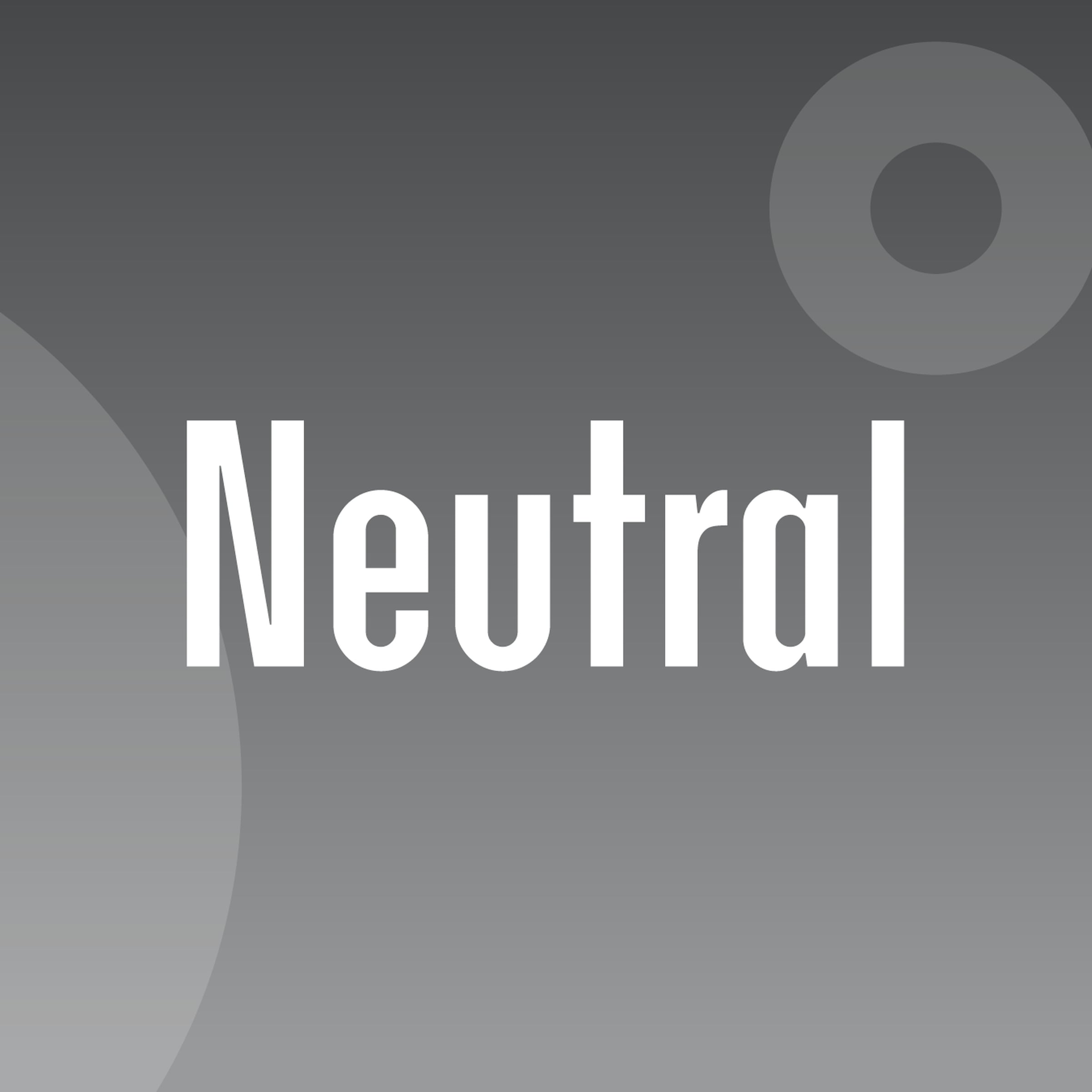Best US Stock ETFs for Canadian Investors
Funds from Vanguard and iShares dominate our list of the best ETFs for investing in US stocks.

The United States has by far the world’s largest stock market, with many opportunities for investors. Exchange-traded funds can make it easier and cheaper to add US stocks to a portfolio than traditional mutual funds.
For Canadian investors looking to invest in US stock ETFs, there are 14 funds that Morningstar has given Gold, Silver, or Bronze Medalist Ratings, meaning our analysts expect them to outperform their categories’ index or median over the long term. Of these, 13 are index funds; six track the S&P 500, three track total-market indexes, and four track other indexes. The 14th fund, the C$52 million Invesco RAFI US ETF, is actively managed.
- iShares Core S&P 500 ETF XUS
- Vanguard S&P 500 ETF VFV
- BMO S&P 500 ETF ZSP
- iShares Core S&P 500 ETF (CAD-Hedged) XSP
- BMO S&P 500 Hedged to CAD ETF ZUE
- Vanguard S&P 500 ETF CAD-Hedged VSP
- iShares Core S&P US Total Market ETF XUU
- Vanguard US Total Market ETF VUN
- iShares Core S&P US Total Market ETF CAD-Hedged XUH
- BMO Low Volatility US Equity ETF ZLU
- iShares MSCI USA Quality Factor Index ETF XQLT
- iShares MSCI USA Value Factor Index ETF XVLU
- iShares ESG Aware MSCI USA Index ETF XSUS
- Invesco RAFI US Index ETF PXU.F
Screening for the Best US Stock ETFs
We screened the Morningstar US equity fund category for ETFs with Gold Medalist Ratings that are 100% assigned by Morningstar analysts, rather than indirectly or quantitatively assigned. Data in the text and tables is from Morningstar Direct.
Here’s a closer look at the best US stock ETFs for Canadian investors. A table with their recent performance is at the end of this article.
iShares Core S&P 500 ETF
- Morningstar Medalist Rating: Gold
- Morningstar Rating: 5 Stars
Vanguard S&P 500 ETF
- Morningstar Medalist Rating: Gold
- Morningstar Rating: 5 Stars
BMO S&P 500 ETF (CAD)
- Morningstar Medalist Rating: Gold
- Morningstar Rating: 4 Stars
These funds all track the S&P 500, an index of the large-cap stocks that make up roughly 80% of the US stock market’s capitalization. Each is described as being a “best-in-class option for large-cap investors,” by Morningstar associate manager research analyst Brendan McCann. “The end portfolio is well-diversified and accurately represents the US large-cap opportunity set. This allows the strategy to closely track the performance of the large-cap market.”
The BMO and Vanguard funds have manager expense ratios of 0.09%, while the iShares ETF is slightly cheaper, with an expense ratio of 0.08%.
iShares Core S&P 500 ETF (CAD-Hedged)
- Morningstar Medalist Rating: Gold
- Morningstar Rating: 3 Stars
BMO S&P 500 Hedged to CAD ETF
- Morningstar Medalist Rating: Gold
- Morningstar Rating: 3 Stars
Vanguard S&P 500 ETF CAD-Hedged
- Morningstar Medalist Rating: Gold
- Morningstar Rating: 3 Stars
All three of these funds track currency-hedged versions of the S&P 500. Currency hedging is a strategy that uses derivatives to counteract fluctuations in the exchange rate between different currencies (in this case, the US dollar and Canadian dollar). All three funds have the same manager expense ratio of 0.09% and are considered “best in class” by McCann.
“While hedged funds mitigate currency risk, the costs of hedging can negatively affect returns,” explains McCann. “Unhedged funds are exposed to fluctuations in currency, but the impact of foreign-exchange rates on total return tends to wash out over the long run.”
iShares Core S&P US Total Market ETF
- Morningstar Medalist Rating: Gold
- Morningstar Rating: 4 Stars
Vanguard US Total Market ETF
- Morningstar Medalist Rating: Gold
- Morningstar Rating: 4 Stars
The iShares fund tracks the S&P Total Market Index CAD, while the Vanguard fund tracks the CRSP US Total Market Index CAD. Both indexes are total market indexes, so they offer exposure to virtually the entire stock market, as opposed to the S&P 500, which doesn’t include stocks of smaller firms.
The Vanguard fund holds more stocks, “typically holds more than 3,500 stocks,” according to McCann, compared with more than 2,500 for the iShares fund. The iShares fund is cheaper, with an expense ratio of 0.07%, compared with 0.17% for the Vanguard fund.
iShares Core S&P US Total Market ETF CADH
- Morningstar Medalist Rating: Gold
- Morningstar Rating: 3 Stars
This fund offers a currency-hedged version of the iShares Core S&P US Total Market ETF. It has a slightly higher expense ratio of 0.08%, compared with 0.07% for the unhedged version.
BMO Low Volatility US Equity ETF
- Morningstar Medalist Rating: Bronze
- Morningstar Rating: 3 Stars
This is the one actively managed fund on this list. It invests in 100 large-cap US stocks with the aim of creating a portfolio to reduce risk and minimize losses during downturns in the market.
While the fund is technically actively managed, it doesn’t engage in qualitative stock picking, relying instead on a quantitative, rules based system to assemble its portfolio.
According to Morningstar manager research analyst Zachary Evens, the fund invests in the 100 large-cap US stocks that have the lowest beta (a measure of a stock’s volatility relative to the broader market). The managers look at volatility over the last five years, with weight placed on the most recent year at 25.0% and then at 22.5%, 20.0%, 17.5%, and 15.0% in prior successive years.
“The fund effectively controls both volatility and drawdowns,” says Evens. “It captured just 56% of the category benchmark’s downside and was 21% less volatile since the fund’s 2013 inception. While less downside exposure is appealing, it also comes with reduced upside exposure. Since 2013, the fund collected only 66% of the benchmark’s upside and lagged the index by almost 3 percentage points annualized.”
iShares MSCI USA Quality Factor Index ETF
- Morningstar Medalist Rating: Silver
- Morningstar Rating: 4 Stars
This C$194 million fund tracks the MSCI USA Sector Neutral Quality Index. “It seeks mid- and large-cap companies that exhibit high profitability, low leverage, and stable recent earnings growth,” says Evens. “These measures are scored against sector peers to arrive at a composite quality score”
The fund then takes the stocks with the highest scores on these metrics in each sector and creates a portfolio of 125 stocks. It limits the difference in sector weighting compared with its parent index.
iShares MSCI USA Value Factor Index ETF
- Morningstar Medalist Rating: Silver
- Morningstar Rating: 2 Stars
The C$33 million iShares MSCI USA Value Factor ETF follows the iShares MSCI USA Enhanced Value Index. Like iShares MSCI USA Quality Factor, this fund tries to minimize how much its sector composition differs from the MSCI USA Index, as certain sectors tend to have higher ratings in value metrics.
iShares ESG Aware MSCI USA Index ETF
- Morningstar Medalist Rating: Silver
- Morningstar Rating: 4 Stars
The C$558 million iShares ESG Aware MSCI USA ETF is the only one of these 14 funds to evaluate the environmental, social, and governance characteristics of stocks it invests in. The fund tracks the MSCI USA Extended ESG Focus Index, which invests in mid- and large-cap US stocks that score well on those categories.
“The index starts by implementing ESG screens on the MSCI USA Index—a market-cap-weighted portfolio of large- and mid-cap US stocks," says Morningstar manager research analyst Lan Anh Tran. “It removes companies involved in severe controversies or controversial businesses such as tobacco, fossil fuels, controversial weapons, and civilian firearms.” It also limits the degree to which the fund’s investments can differ from the sector weightings of the MSCI USA Index.
Invesco RAFI US Index ETF
- Morningstar Medalist Rating: Bronze
- Morningstar Rating: 2 Stars
This C$52 million fund tracks the RAFI Fundamental Select US 1000 Index. “The RAFI Fundamental Select US 1000 Index absorbs the 1,000 largest US stocks based on fundamental size,” says Morningstar senior manager research analyst Daniel Sotiroff. “The index measures fundamental size by combining book value plus intangibles, sales adjusted for leverage, operating cash flow plus research and development expenses, and dividends plus buybacks.”
The author or authors do not own shares in any securities mentioned in this article. Find out about Morningstar's editorial policies.




